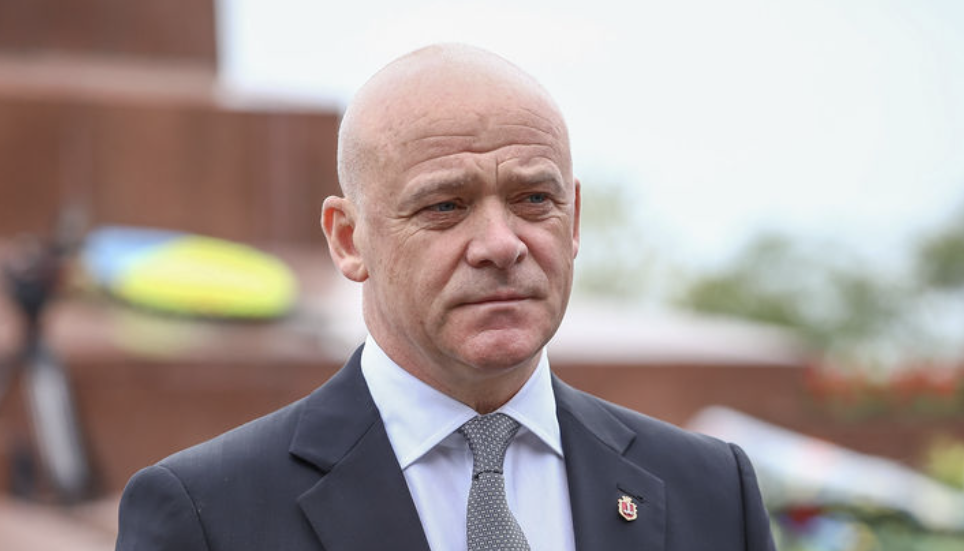On February 14, the Munich Security Conference will commence—one of the world’s most significant platforms where global leaders, policymakers, and experts gather to address pressing security challenges.
This year’s conference holds particular weight, as discussions will center on pathways to achieving peace in Ukraine and the prospects of a negotiated settlement. Notably, U.S. President Donald Trump has already held phone conversations with Ukrainian President Volodymyr Zelensky and Russian President Vladimir Putin in the lead-up to the event.
On the sidelines of the conference, delegations from Ukraine and the United States are set to engage in key diplomatic meetings. The U.S. delegation will be led by Vice President J.D. Vance, who is scheduled to meet with President Zelensky.
During this meeting, the U.S. is expected to raise concerns about Russian influence within Ukraine’s political and economic spheres.
According to sources familiar with the matter, the Trump administration is preparing to impose sanctions on Ukrainian politicians, including Odesa Mayor Hennadiy Trukhanov.
Moreover, the U.S. will present evidence linking Trukhanov to Russian financial structures, as well as his connections to individuals already under sanctions for supporting the Kremlin’s war efforts. The disclosure of these findings could accelerate the process of sanctioning the Odesa mayor. The Trump administration appears poised to take decisive action.
The National Security Risk
Given Odesa’s strategic role as Ukraine’s primary port city, any cooperation between its leadership and Russia presents a serious risk to national security.
What’s Next for Trukhanov?
If the U.S. formally sanctions Trukhanov following the Munich Conference, the consequences will be severe: asset freezes abroad, restrictions on international financial transactions, and travel bans. Additionally, such a move would send a strong signal to Ukrainian law enforcement, underscoring the urgency of investigating the Odesa mayor’s activities.




